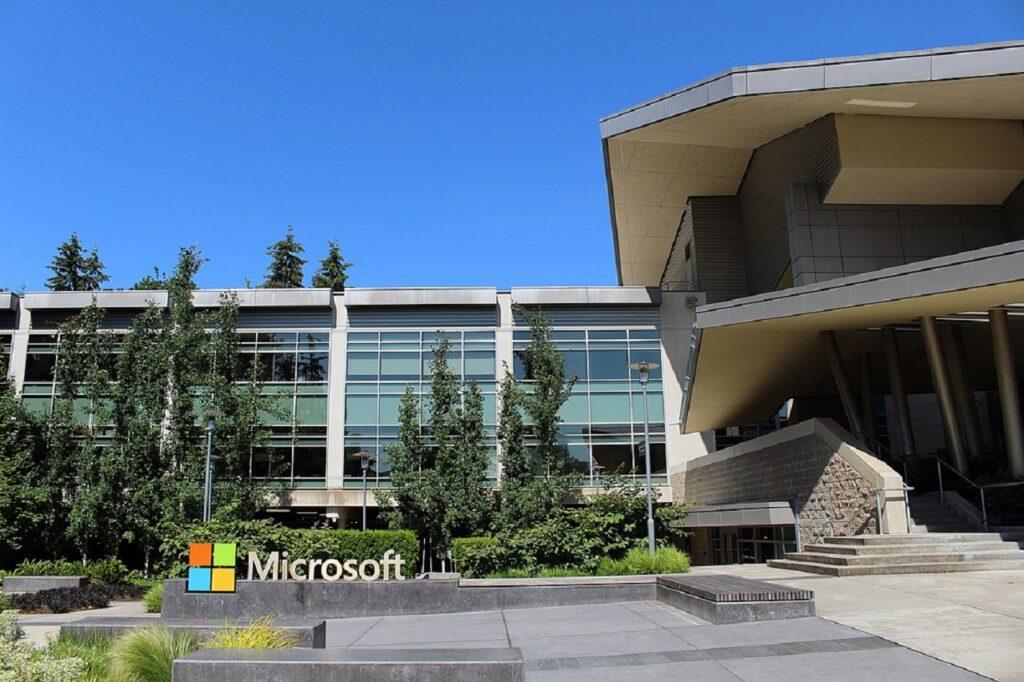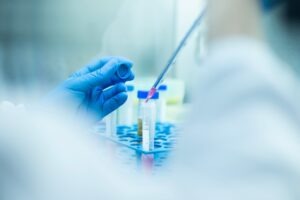Belgium-based biopharmaceutical firm UCB has expanded its collaboration with technology company Microsoft to accelerate discovery and development of drugs for people living with severe diseases in immunology and neurology.

Microsoft’s platform helps UCB’s scientists and data scientists to analyse data sets or multi-modal unstructured information to discover new medicines. (Credit: Coolcaesar.)
Subscribe to our email newsletter
Belgium-based biopharmaceutical firm UCB has expanded its collaboration with technology company Microsoft to accelerate discovery and development of drugs for people living with severe diseases in immunology and neurology.
As part of a new multi-year strategic collaboration, Microsoft’s computational services, cloud, and artificial intelligence (AI) will be combined with UCB’s drug discovery and development capabilities.
UCB stated that Microsoft’s platform helps its scientists and data scientists to analyse high-dimensional data sets or multi-modal unstructured information to discover new medicines more efficiently and innovatively.
The collaboration builds on work UCB completed along with Microsoft on the COVID Moonshot project, a worldwide open-science project.
UCB CEO Jean-Christophe Tellier said: “By amplifying the power of scientific innovation through digital transformation, we hope to have a better understanding of what makes a patient’s journey unique so that we can provide personalised and differentiated medicine in a sustainable way.”
The two companies are planning to explore the combination of diverse research data sets while improving a patient’s overall journey, increasing the treatment impact, providing better research data-driven insights and accelerating clinical development timelines.
Microsoft Global Sales, Marketing & Operations executive vice-president and president Jean-Philippe Courtois said: “Together, UCB and Microsoft are taking on some of healthcare’s greatest challenges to find connected, innovative ways to create better experiences, insights, and more personal and more effective care.
“With the deep knowledge that UCB offers in drug discovery and the knowledge of human biology, together with Microsoft’s unmatched expertise in computer science and AI, we have a unique opportunity to reinvent the way new medicines are created.”
 Advertise With UsAdvertise on our extensive network of industry websites and newsletters.
Advertise With UsAdvertise on our extensive network of industry websites and newsletters.
 Get the PBR newsletterSign up to our free email to get all the latest PBR
news.
Get the PBR newsletterSign up to our free email to get all the latest PBR
news.

